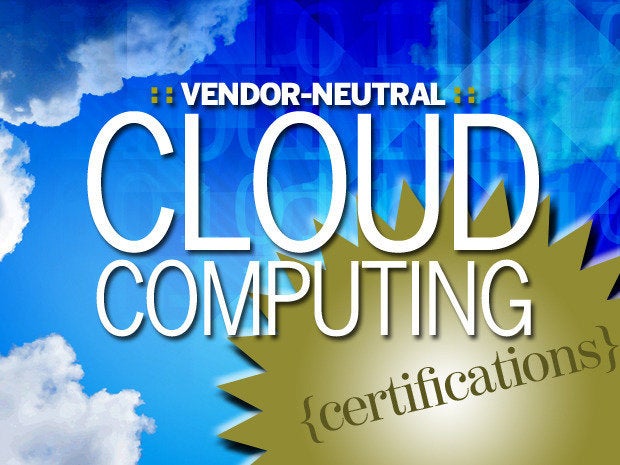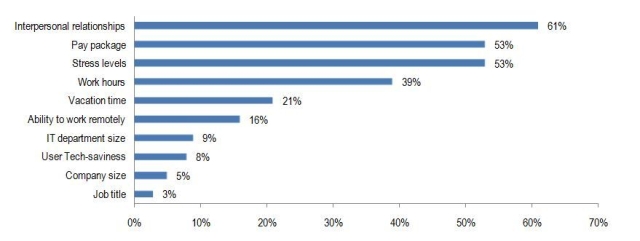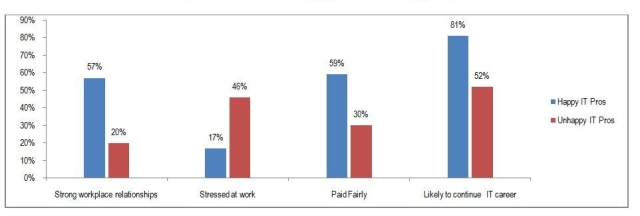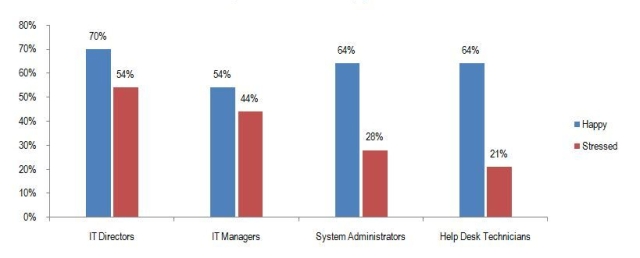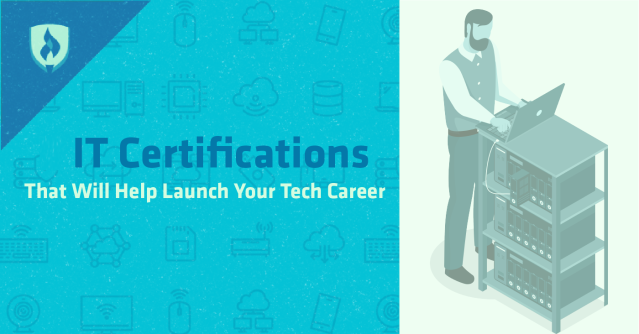Here are some tips on how you can kickstart your career in 2019 using a range of social media tools and skills upgradation. The focus is on a combination of tech and non-tech skills with in-demand IT courses commanding higher pay packages.

- Your Profile and Social Media: Recruiters scan social media platforms such as LinkedIn and Facebook to search for potential employees. They may include passive job-seekers too – the category of people who are open to the idea of a new job but do not update their online profiles are offline skills. To get noticed by the recruiters, it is imperative to update your job profile with your skills, experience, and achievements. The last one should ideally be with a reputed organization and/or a high-value project. The new year is the right time to update your online profile in job portals. However, a note of caution when you are updating your profile. Recruiters lookout for certain red flags while scanning through profiles. They include political affiliations, drugs, alcohol, and brush with the law.
- Ask for a Hike: Employees in the IT sector must decide if they are happy in their current job. Once that is done, they should ask for a pay hike. This is because employers will be willing to hike their pay or offer a bonus to retain the talent pool. The employers also know that the primary reason why IT employees lookout for new opportunities is for a higher pay package. Several researches in this regard also point out that there was a noticeable increase in the pay packages of IT employees in the last year. Therefore, the bottom line for employees is “ask for a pay hike.”
- Learn IT Security: It is imperative to learn or know IT security for two reasons – firstly it pays more than regular IT job profiles. Secondly, it gives an edge over employees without IT security skills. An increase in cyber attacks and data security have made IT security a sought-after skill set. Such a skill set includes cryptography, penetration testing, and ethical hacking. Interestingly, it is the team leads or manager level employees who have shown more interest to learn and implement IT security skills.
- Honing Non-tech Skills: While tech skills are important, it is equally important to be aware of soft skills such as public speaking and inter-personnel communication. Why? Recruiters and employers have shown a preference for new-hires who can handle blended roles. That is, an employee should be able to understand and blend between a technical department and other non-technical roles. Researchers have therefore ranked, leadership skills followed by project management skills and business skills as the must-haves for career advancement and pay hike.
- Specialized Skills: Here is a quick reference bucket list of specialized tech skills that could catapult you to higher pay bracket.
- DevOps – the most in-demand and hard to fill a position in any firm.
- Consulting – If you possess the necessary skills, then starting a firm and taking up project-based consulting is a rewarding route to take.
- Big Data and AI Project – The most in-demand IT skill for 2019 is Big Data and AI Project. Specialists in these areas command one of the highest pay packages in the industry.
